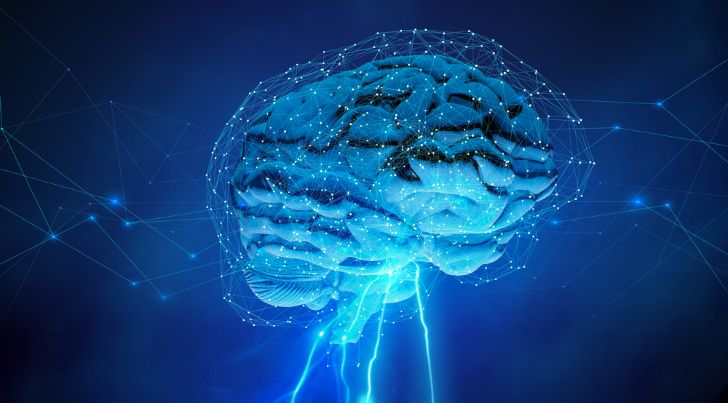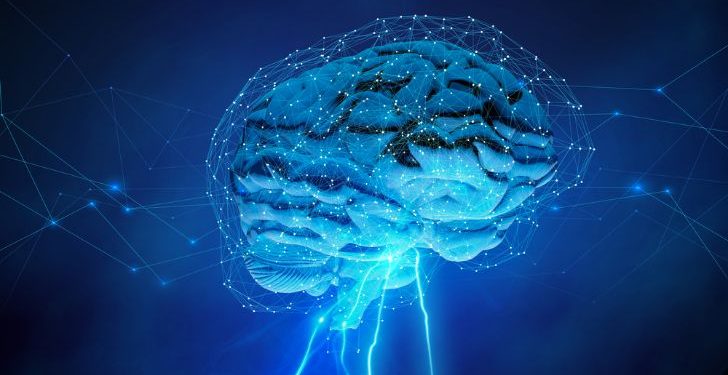Brain abscesses are infections that develop in the brain. The germs that cause them may enter the brain through the blood or directly, such as during brain surgery. Symptoms of a brain abscess can include a headache, fever, neck stiffness, seizures, and changes in mental status.
A brain abscess is a medical emergency that requires treatment immediately to prevent serious complications and damage to the brain. If left untreated, a brain abscess can cause life-threatening problems such as seizures and meningitis.
Signs and symptoms of a brain abscess usually appear within days or weeks as the abscess grows and swells. A person may feel drowsy, confused, or have difficulty thinking and remembering things. They may also have changes in their personality, such as irritability or not being able to concentrate.
If your doctor suspects that you have a brain abscess, they will probably do a neurological exam to check for signs of increased pressure inside the skull. They may also perform a spinal tap (lumbar puncture), which involves the removal of a small amount of fluid from the spinal cord and brain to look for signs of infection or fungus.
Your doctor will then carry out blood tests and order an MRI scan to help diagnose the problem. If the MRI shows a lesion, your doctor will usually carry out a surgical procedure called a “needle biopsy” to take a sample of tissue from the area. This will show the doctors what strains of bacteria you have and allow them to determine the best way to treat your brain abscess.

The goal of treating a brain abscess is to eliminate the infection and the abscess itself. This is done by administering antibiotics to the abscess or antifungal medicines if it’s likely that a fungus is responsible for the infection.
Symptoms can vary depending on the size and location of the abscess, but most often people with brain abscesses experience a headache. They can also have a fever, neck stiffness, confusion, vomiting, or other symptoms that are similar to those of a normal sinus infection.
You’ll need to stay in hospital until the symptoms improve and the pressure inside your brain is reduced. You’ll be monitored closely and given lots of medicine to keep the pressure down.
If you have a brain abscess, you’ll be treated by a specialist team of doctors. They will take a medical history, do blood tests and order an MRI or CT scan to see where the infection is. Then they’ll carry out a needle biopsy to get a sample of the pus from your abscess.
Diagnosis of a brain abscess is usually made based on your symptoms, a medical history and blood tests. Your doctor will also use imaging techniques, such as a CT or MRI scan, to find out the exact location and size of your brain abscess.
A brain abscess can be treated by antibiotics and surgery. The antibiotics will be used to clear the abscess of any germs and to stop it from reoccurring.









